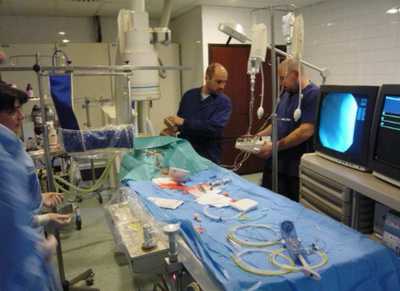David O’Byrne in Istanbul
February 18, 2013
The recent announcement by Turkish economy minister Ali Babacan that Turkey’s investment incentive scheme is to be expanded to include investment in power plant burning locally produced lignite has re-ignited interest, both foreign and domestic, in Turkey’s sizeable but underused domestic coal reserves.
Despite reserves of 11.8bn tonnes of lignite and 1.3bn tonnes of hard coal – with new reserves still being discovered, development of coal fired power plant in Turkey has been slow with private developers opting to develop quick to cheaper plants that burn gas.
Now with Turkey’s gas demand expected to exceed its 51.8bn cubic metres a year (cm/y) gas import portfolio within the next couple of years, Turkey is keen to reverse the trend and make more use of its domestic reserves. Not just because dependence on gas for power generation last year reached a worrying 42%, but also because energy imports are the single biggest contributor to Turkey’s increasingly problematic trade and current account deficits, the main issue which continues to hold down Turkey’s international ratings. “We have no gas and no oil, so it makes sense to develop the coal reserves we have,” says Ankara-based energy analyst Haluk Direskeneli, explaining that while most of Turkey’s coal is poor quality it is still cheaper to burn than imported alternatives.
“The quality of Turkish coal is low,” echoes Mustafa Karahan head of Turkey’s Energy Traders Association. “But the incentives the government plans to issue will help cut investment costs.”
The black stuff
The past year has seen a slate of new initiatives aimed at making the most of these reserves, with Babacan’s announcement of new incentives following closely on the heels of new legislation allowing for the privatisation of the state-owned coalfields along with the 6.7 gigawatts (GW) of plant they supply, and a slate of new tenders for the development of unexploited coal reserves.
Together this has spawned a surge of interest in new coal plant development, which promises eventually to help re-balance Turkey’s power generating portfolio with 19 plants totalling close to 7 GW already licensed and under development and more projects set to follow.
Already announced is a plan to develop as much as 8 GW of new capacity burning lignite from the massive Afsin-Elbistan field in southeast Turkey.
Abu Dhabi power giant Taqa and Turkey’s state power generation company EUAS signed an memorandum of understadning in late December that will see the pair work together on projects to renovate an existing 1.4-GW plant burning coal from the Afsin field and build a new 1.4-GW plant alongside.
A contract for this first phase is expected to be signed in the next few months, after which work will begin on detailed plans for the remaining 6.6 GW taking the total investment to close on $12bn.
With reserves of 4.4bn tonnes, Afsin Elbistan holds a third of Turkey’s known coal reserves, while the planned 8-GW development makes it the biggest power project in the country’s history, dwarfing even the 5-GW nuclear plant being developed by Russia’s Rosatom.
Other state-owned coalfields are also up for development, with state lignite extractor TKI late last year opening tenders for the development of two fields and the construction and operation of two new coal-fired plant totalling 570 MW.
More tenders are expected to follow with Energy Minister Taner Yildiz recently announcing the discovery of a 1.8bn tonne lignite field near Konya in central Turkey capable of supporting up to 5-GW of coal fired plant, and that plans are underway to open a tender for the development of a separate 510m tonne field in Turkey’s European province of Thrace.
No less significant was the announcement in early February by Turkey’s Hattat holding that it is talks with Chinese and South Korean companies to develop a 1.32-GW plant burning coal from the group’s mines at Amasra in northern Turkey. Hattat plans to sign a deal on the $3.5bn investment by June with construction work slated to begin by the end of the year.
International Coal Opportunity
Turkey’s dash for coal is not limited to domestic reserves. Despite no incentives being offered, interest in constructing plant burning imported coal is high thanks to falling international coal prices. “The discovery of shale gas in major coal exporting countries such as the US, Australia and South Africa means that international coal prices have fallen,” explains Mustafa Karahan.
A slate of license applications have been made for new plant including one from a consortium led by France’s GDF-Suez for a 1.32-GW plant to be built at Yumurtalik on Turkey’s East Mediterranean coast.
Another consortium led by Turkey’s Bilgin Enerji is planning to build a plant of similar size in the same area while Turkey’s Alarko group is planning to build a 1.32-GW plant at Biga on the coast of the Sea of Marmara.
via Turkish coal faces a revival – BUSINESS NEW EUROPE.


